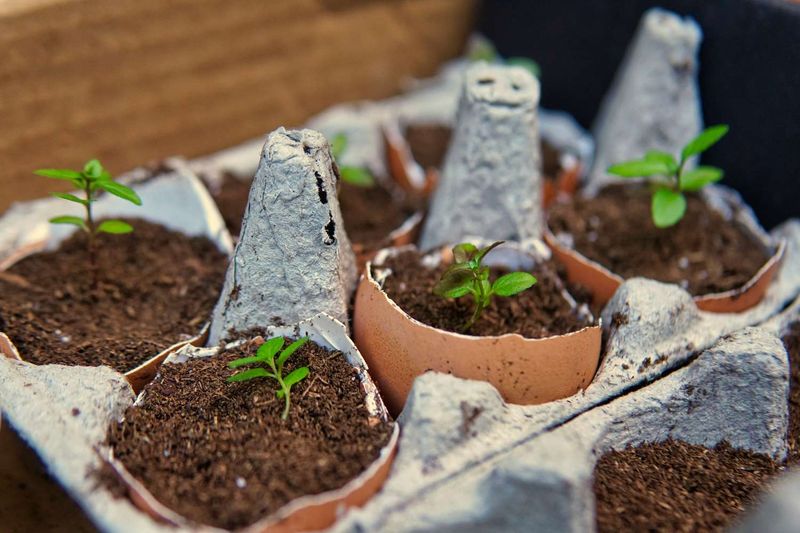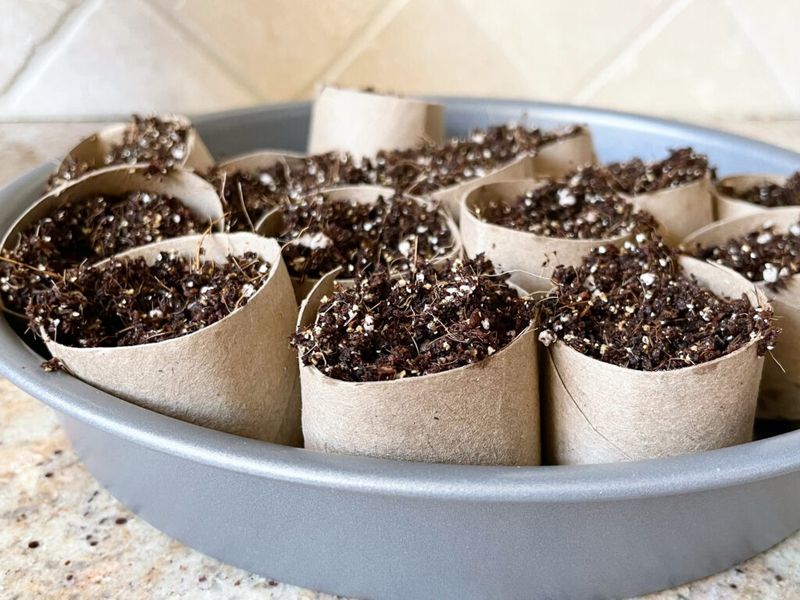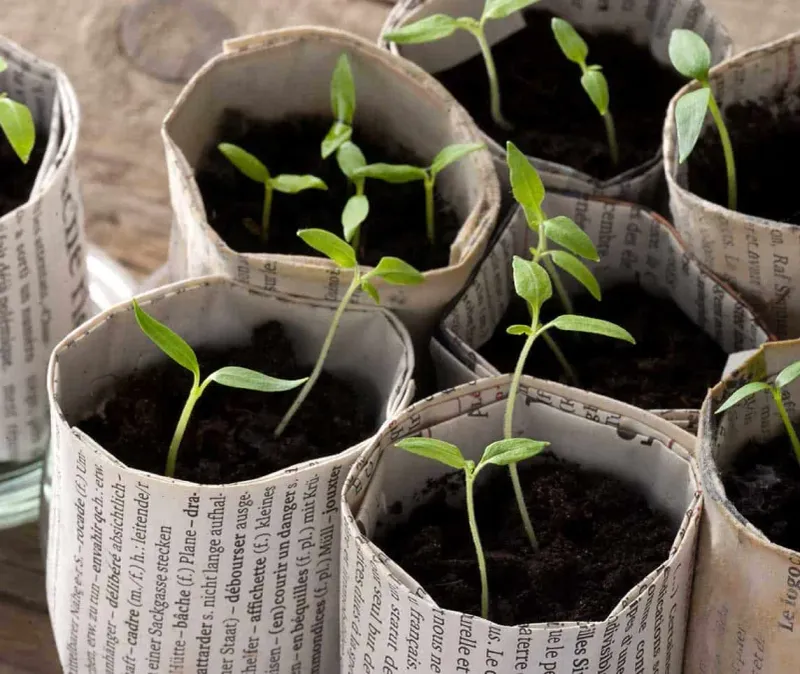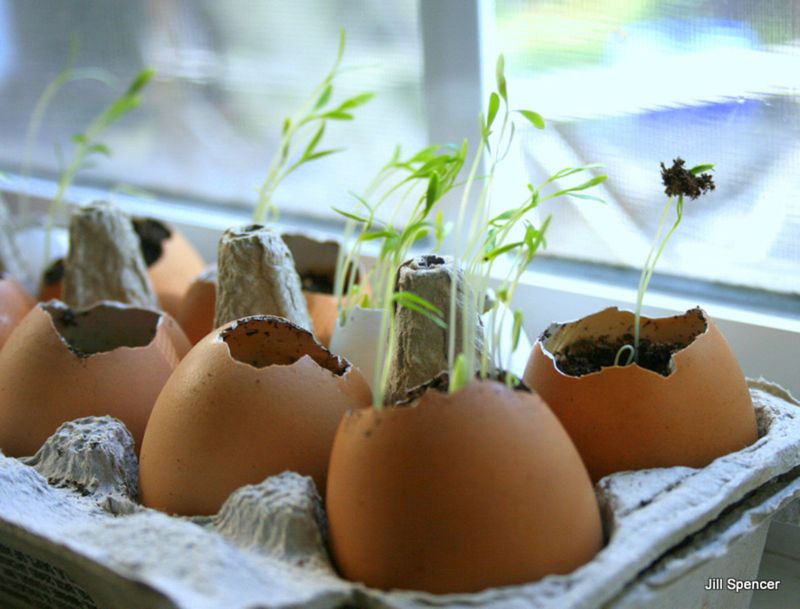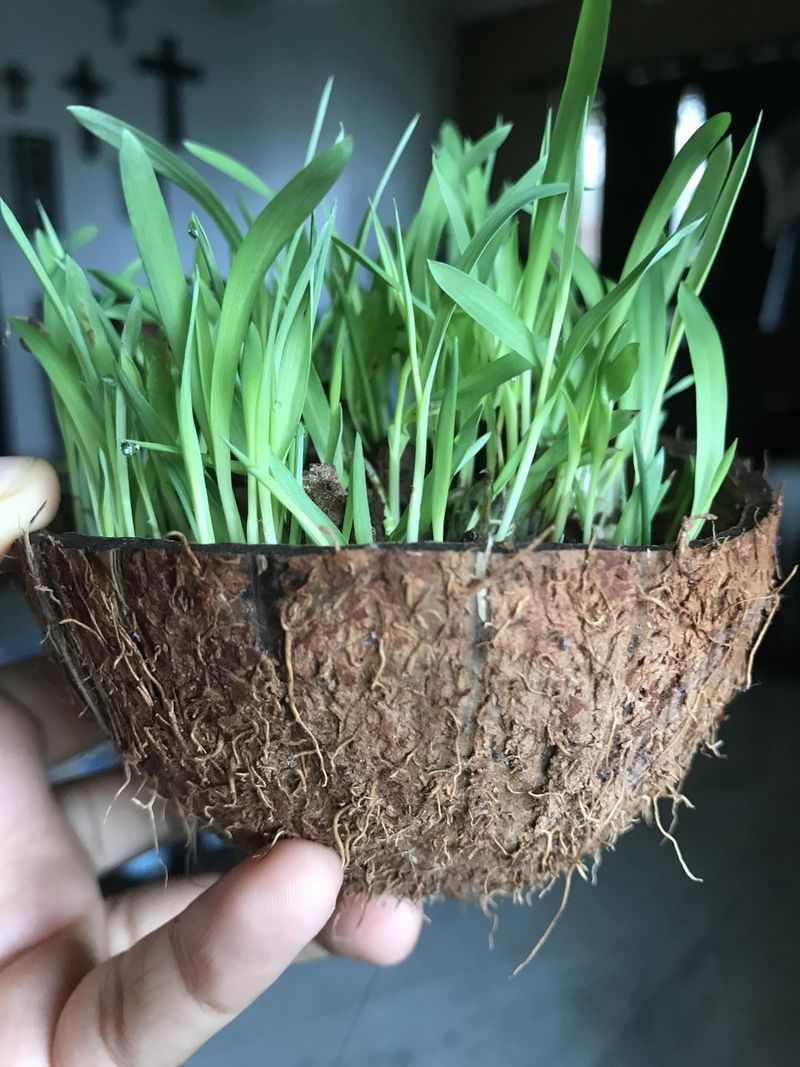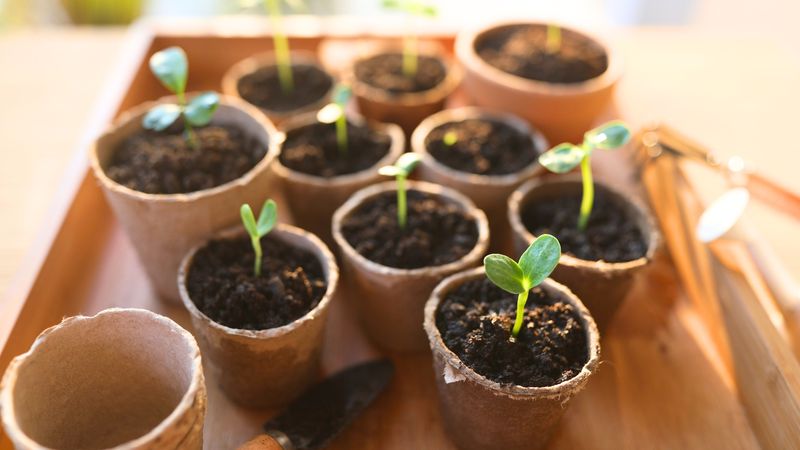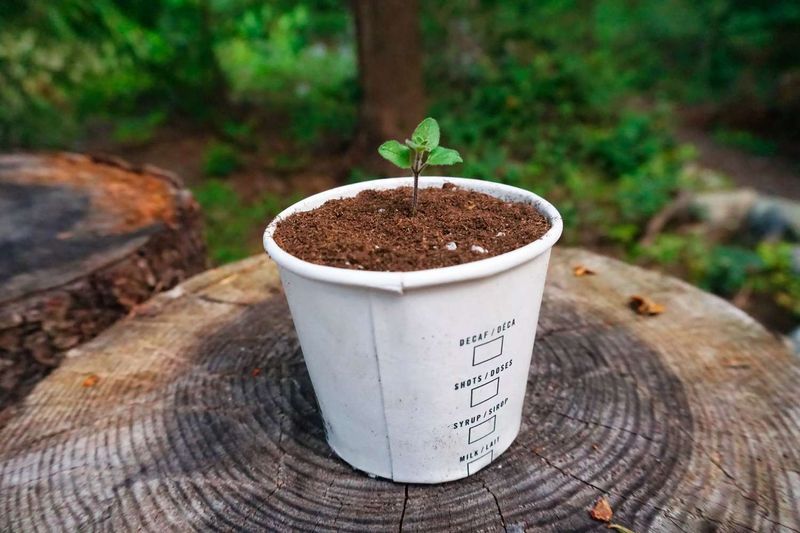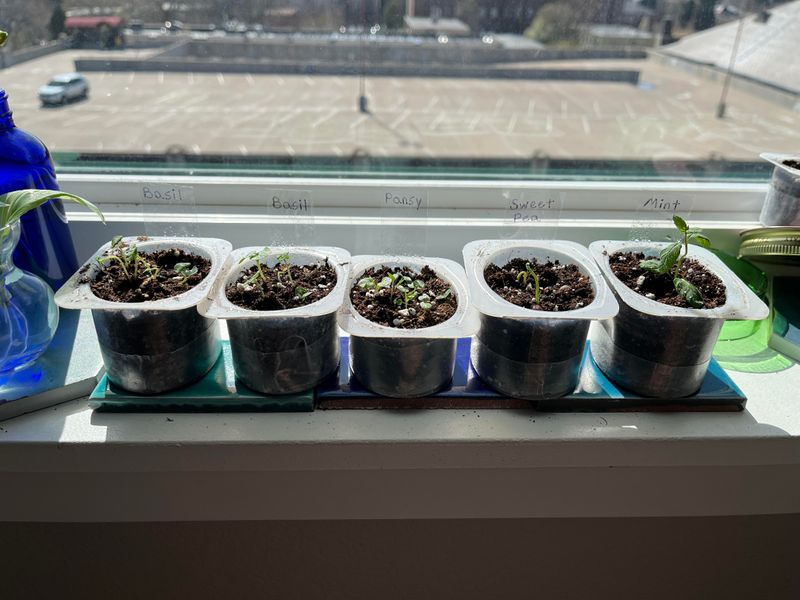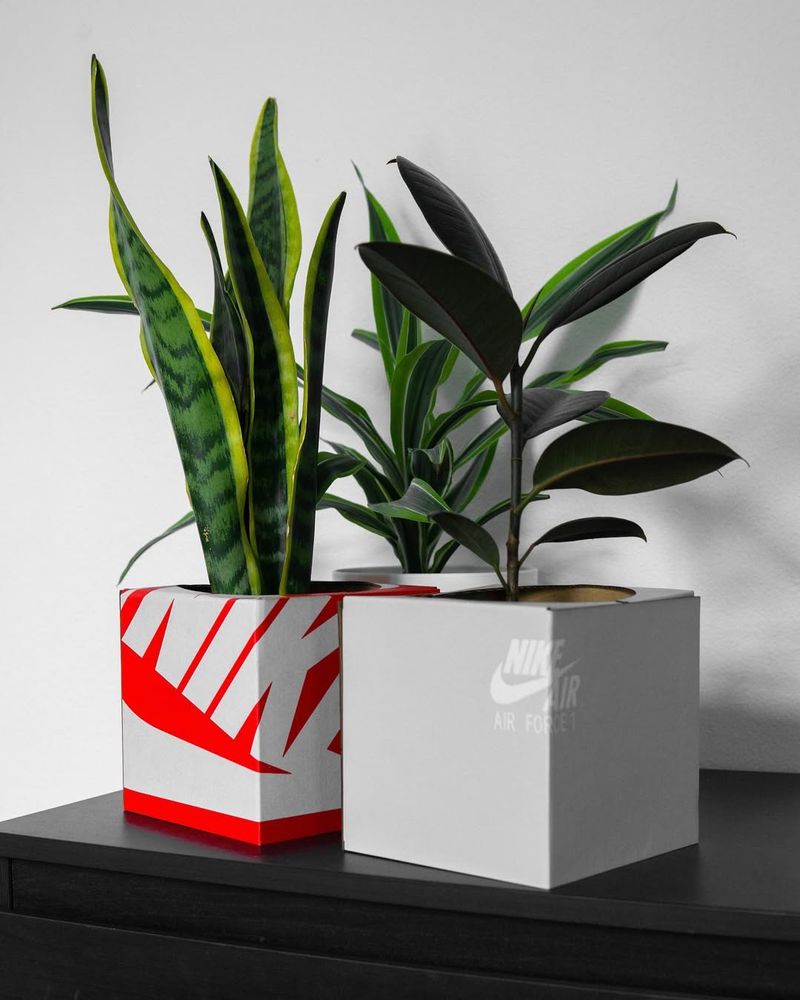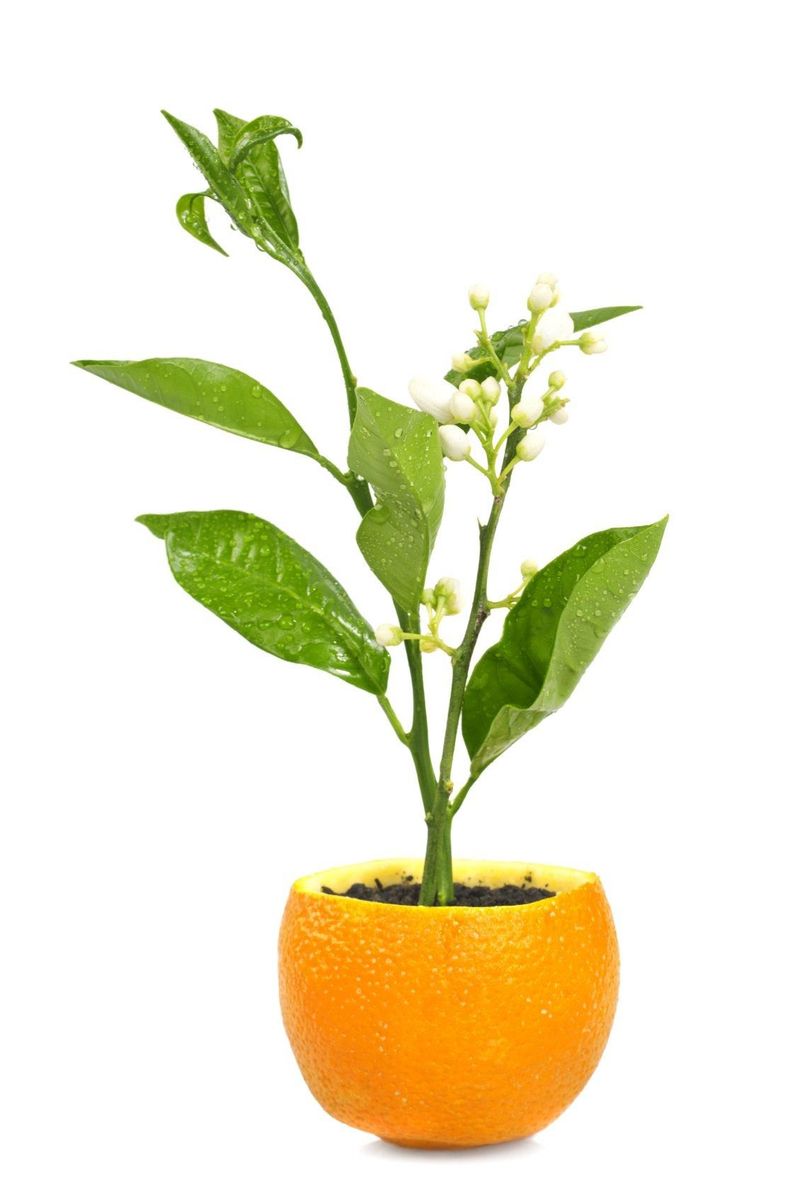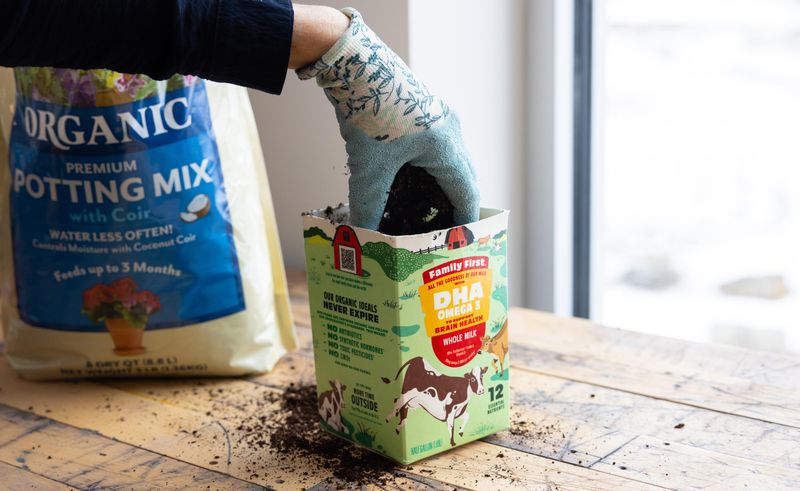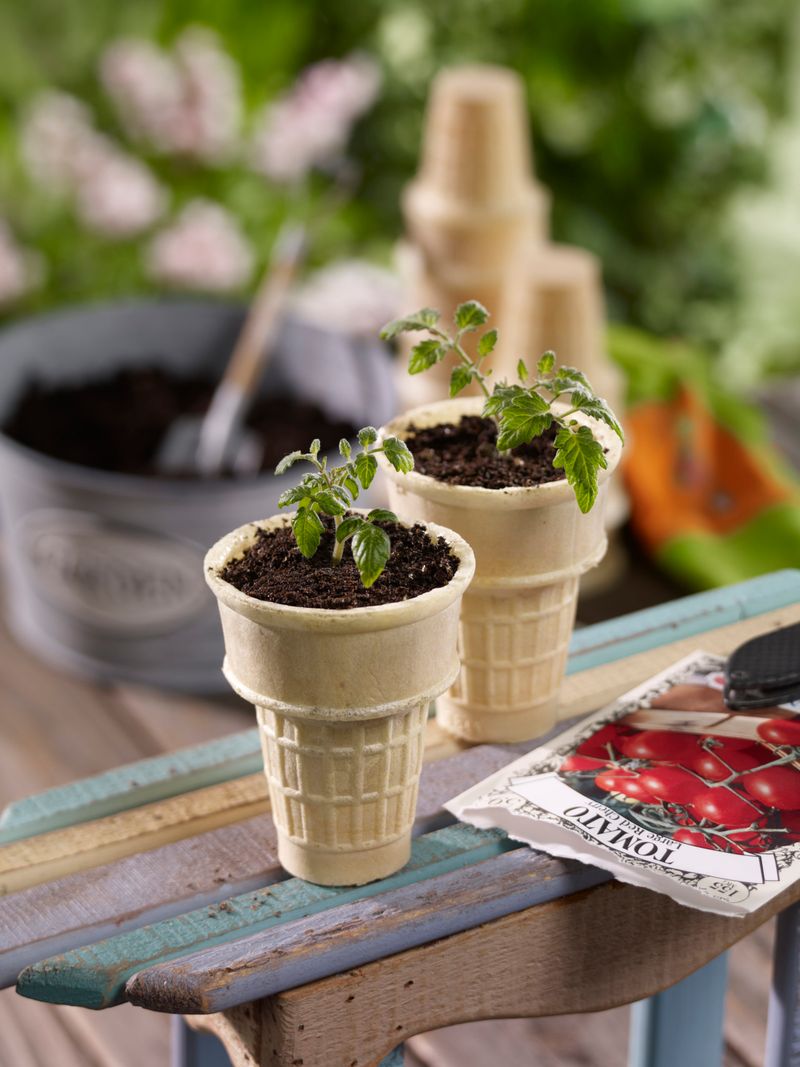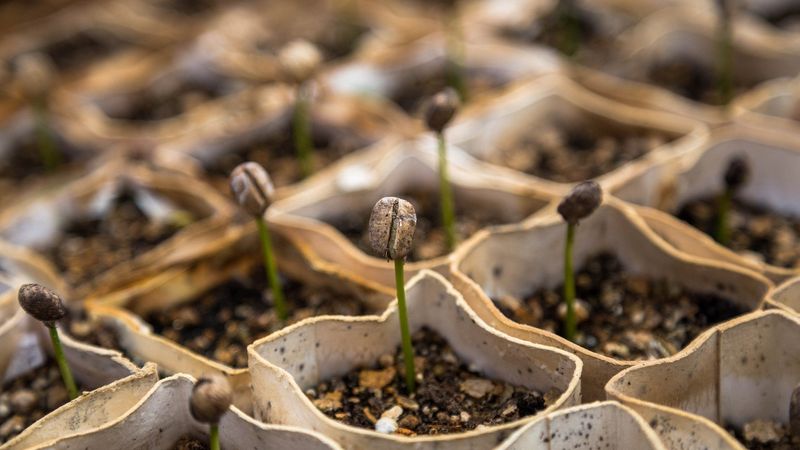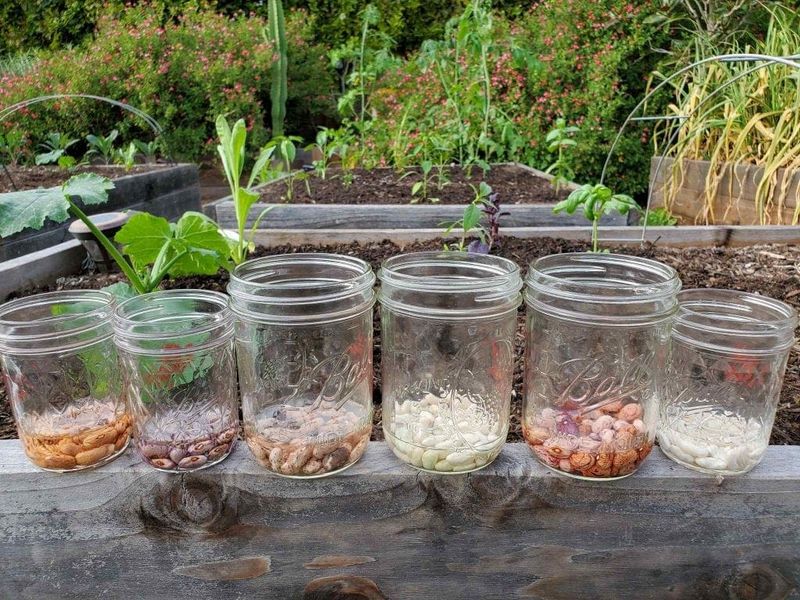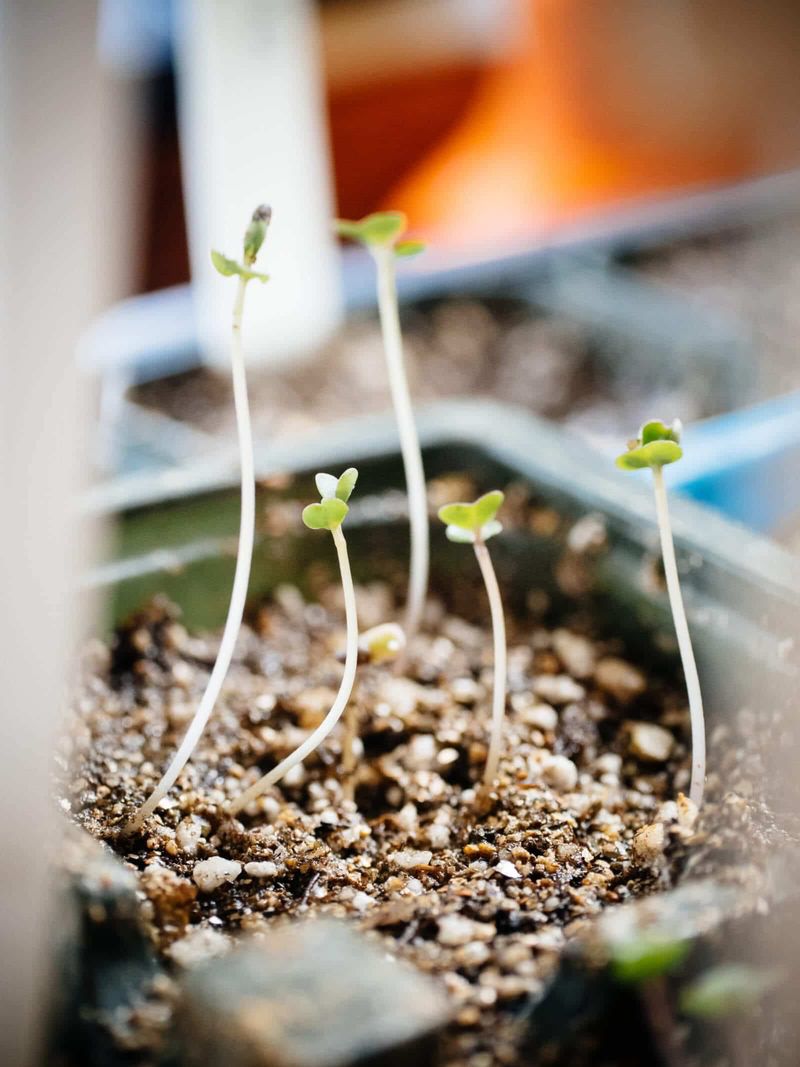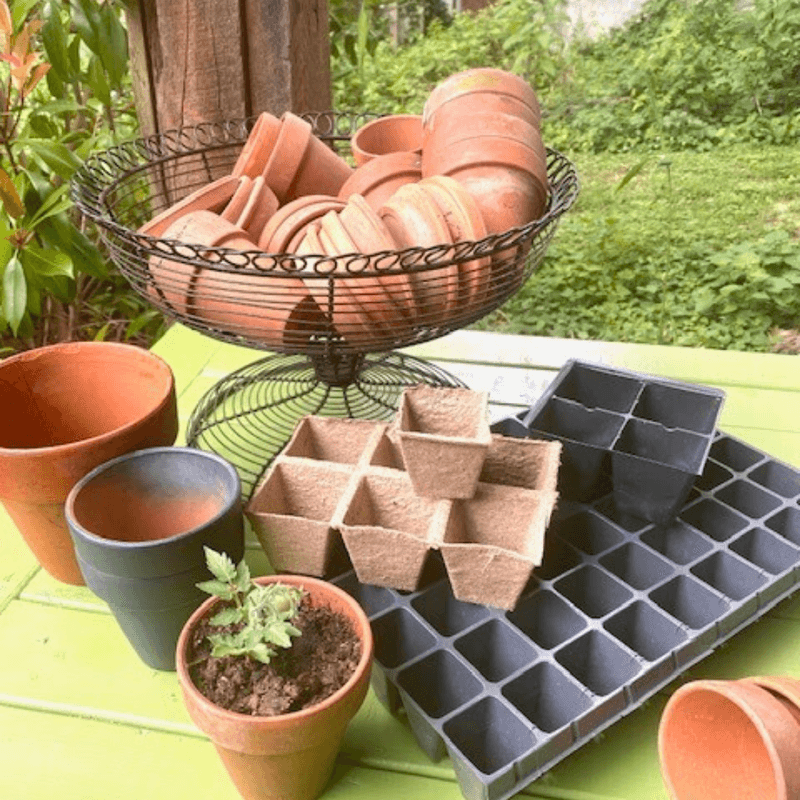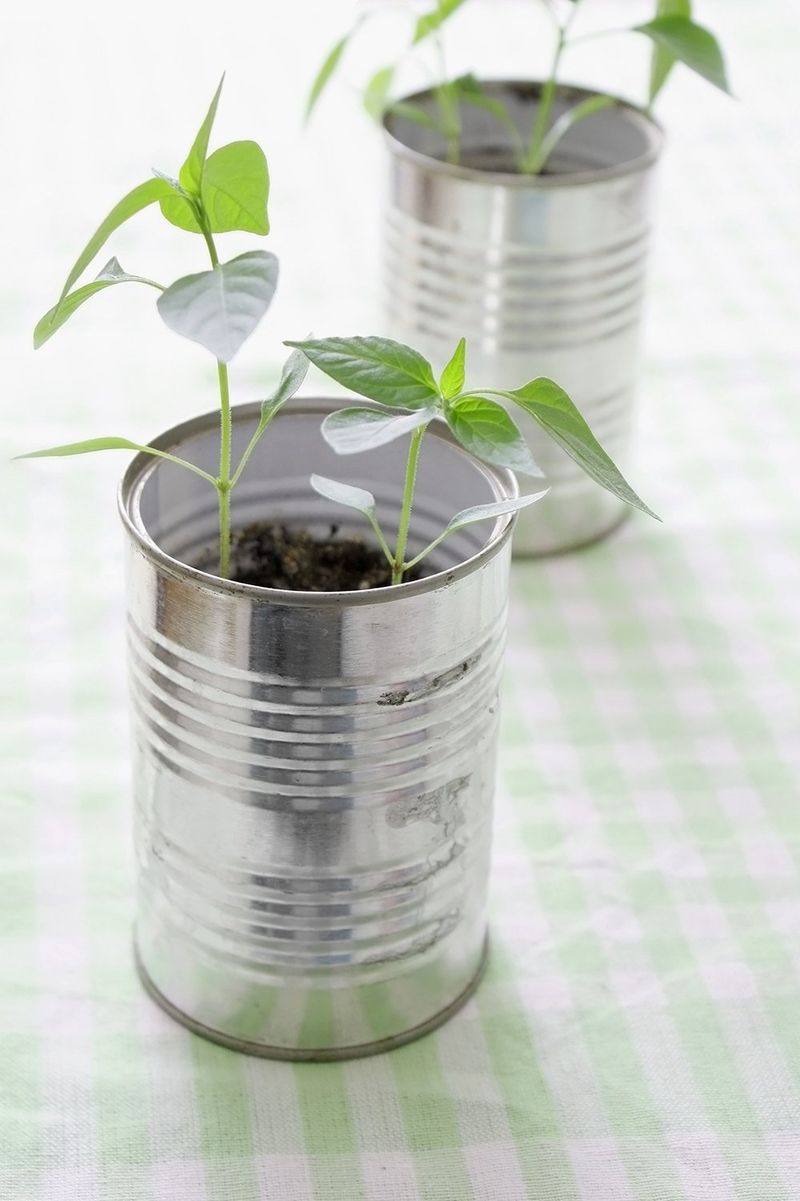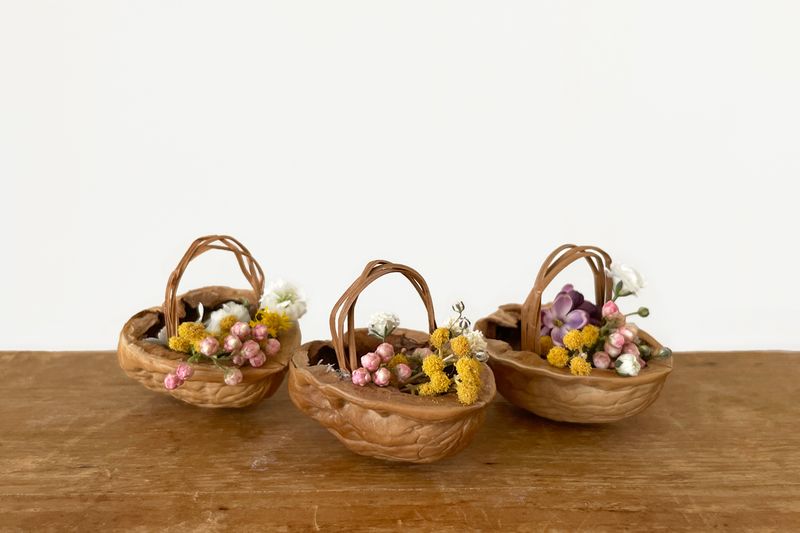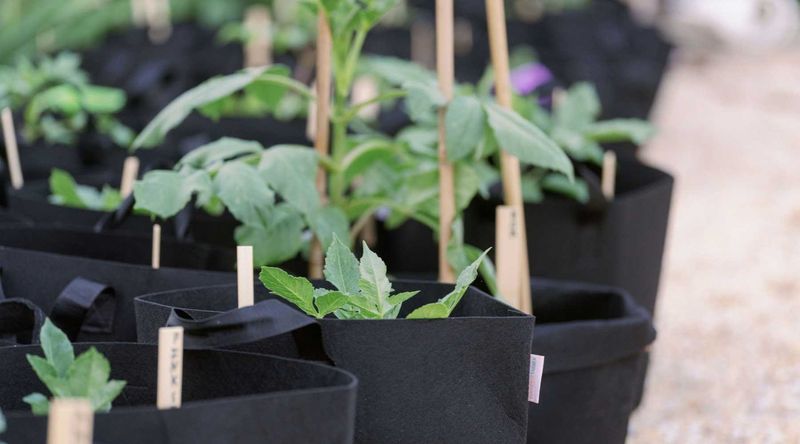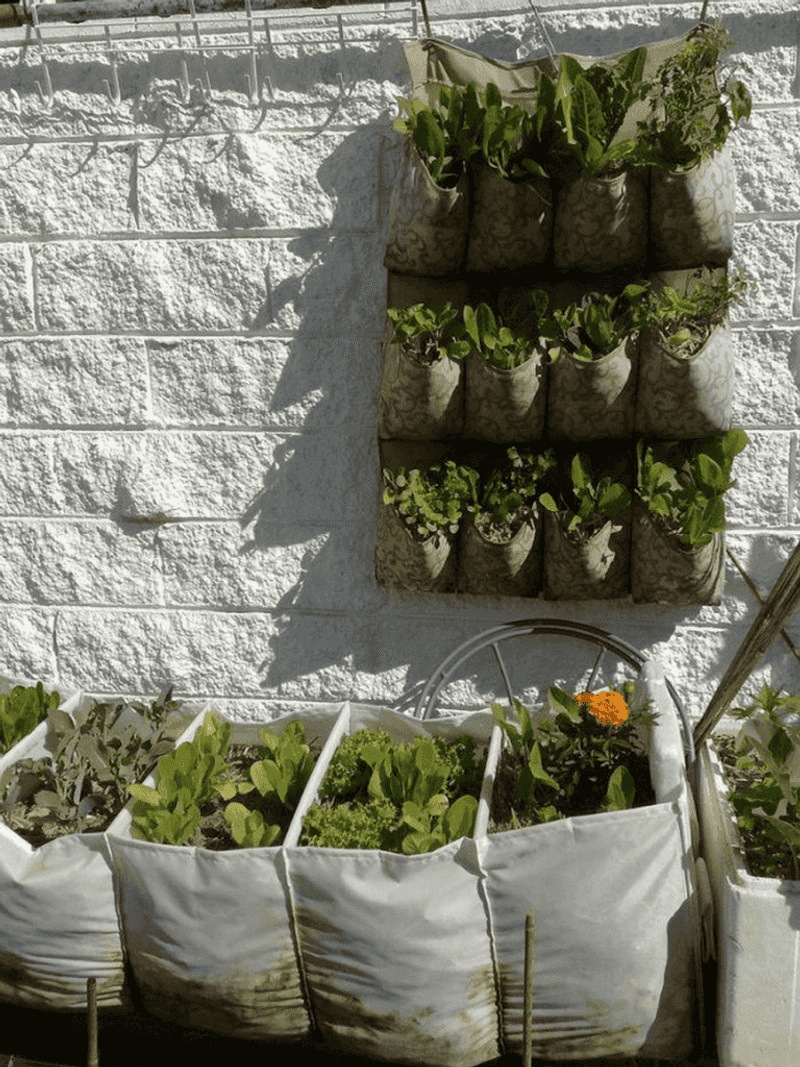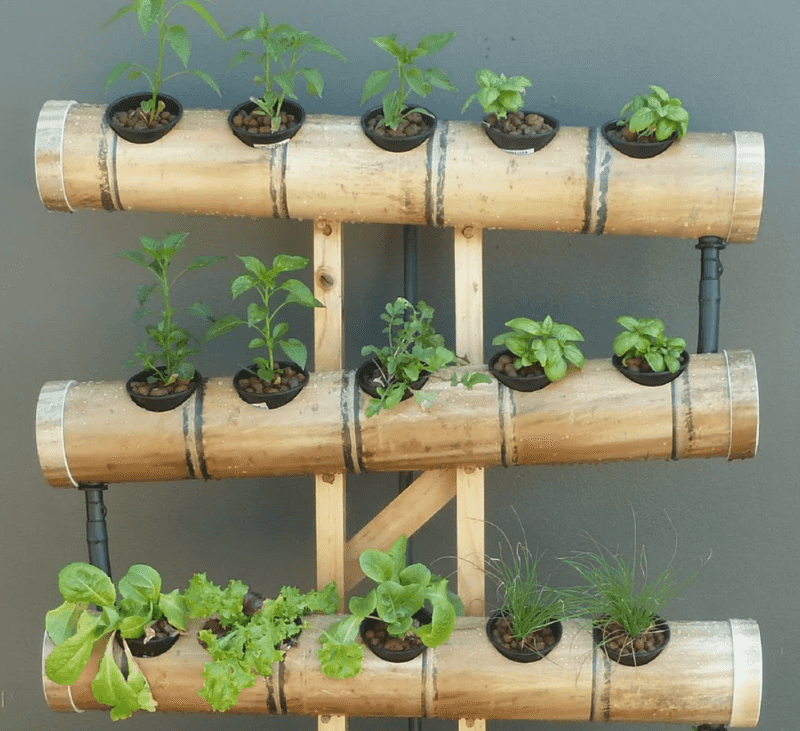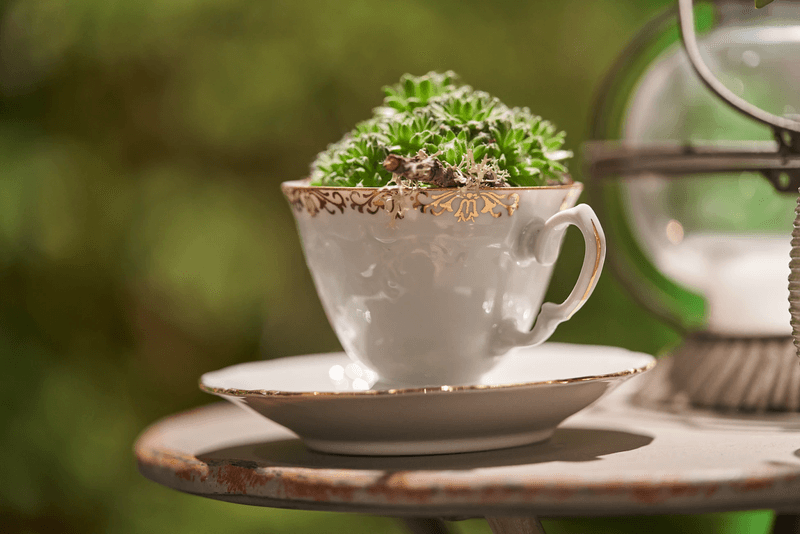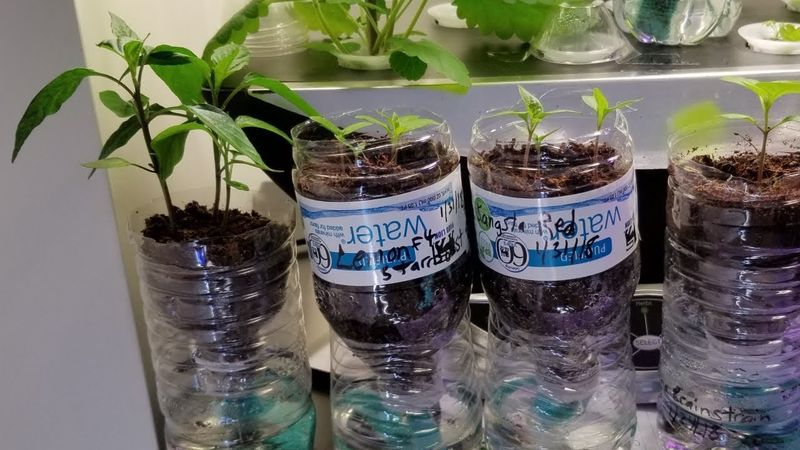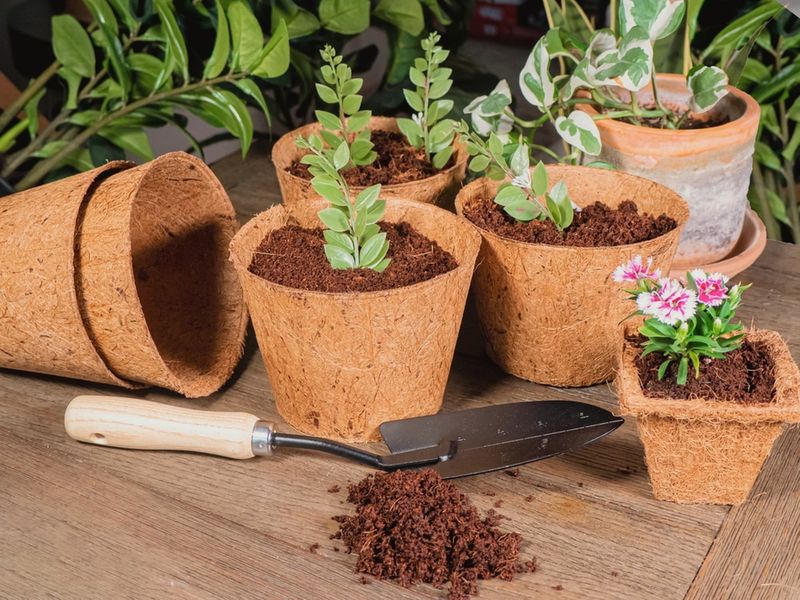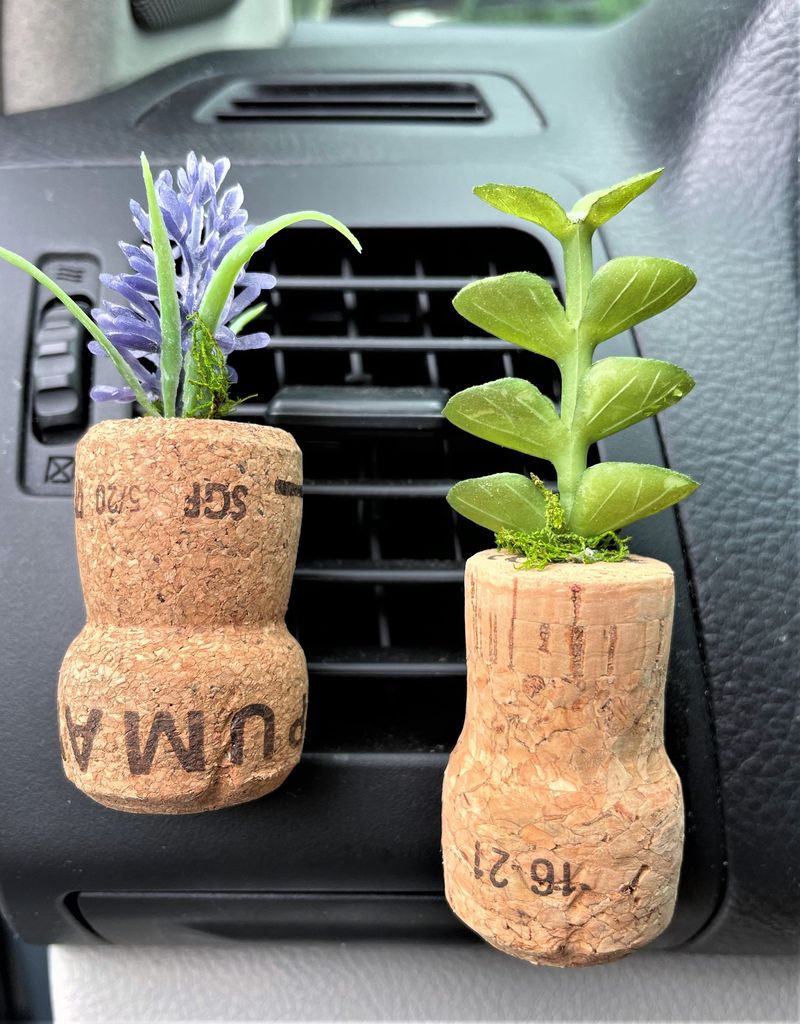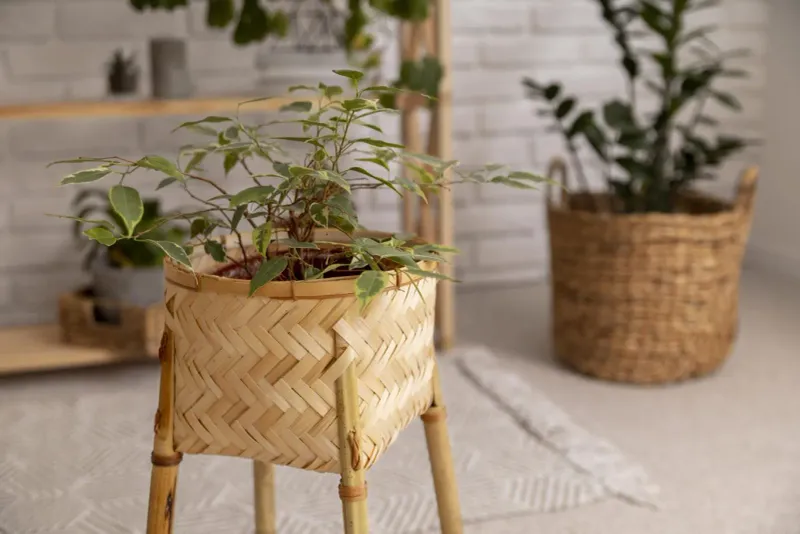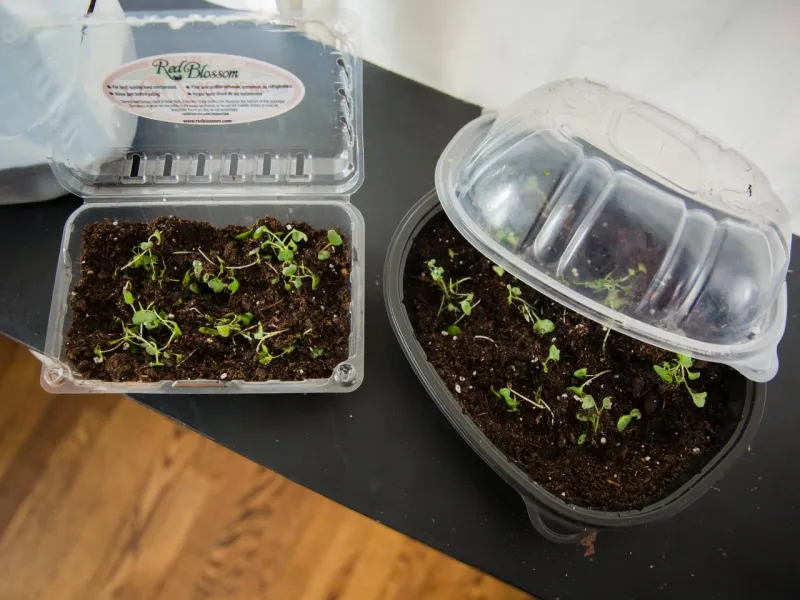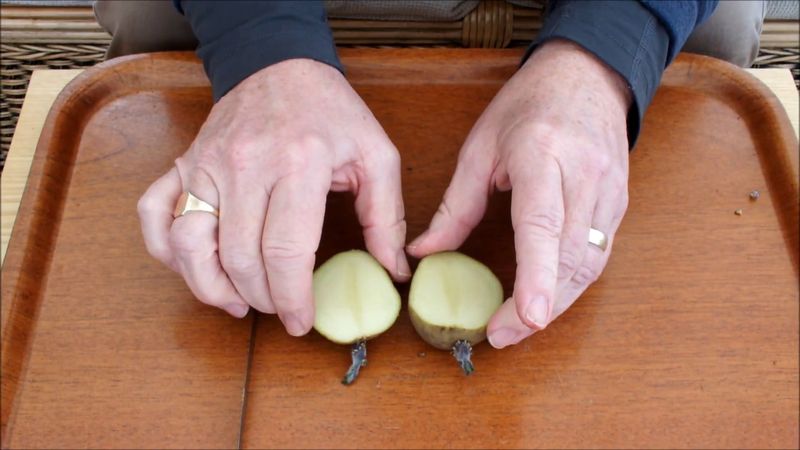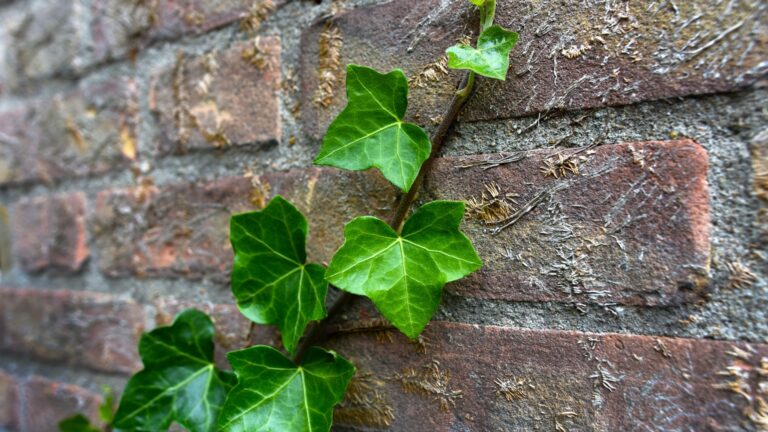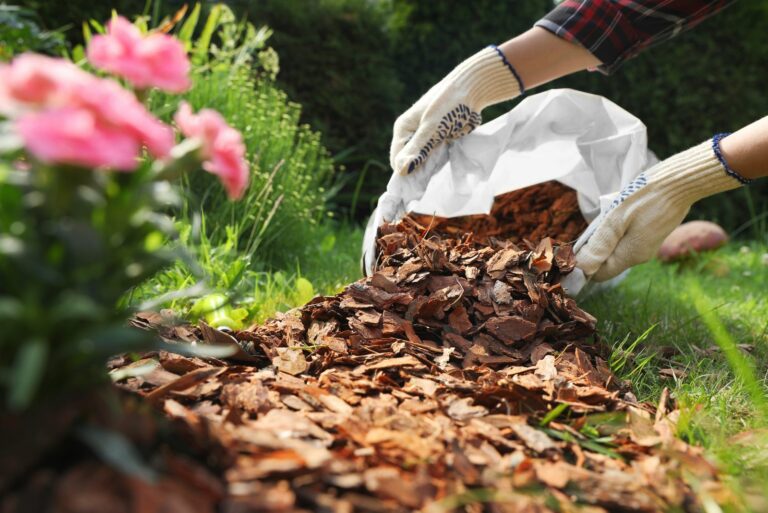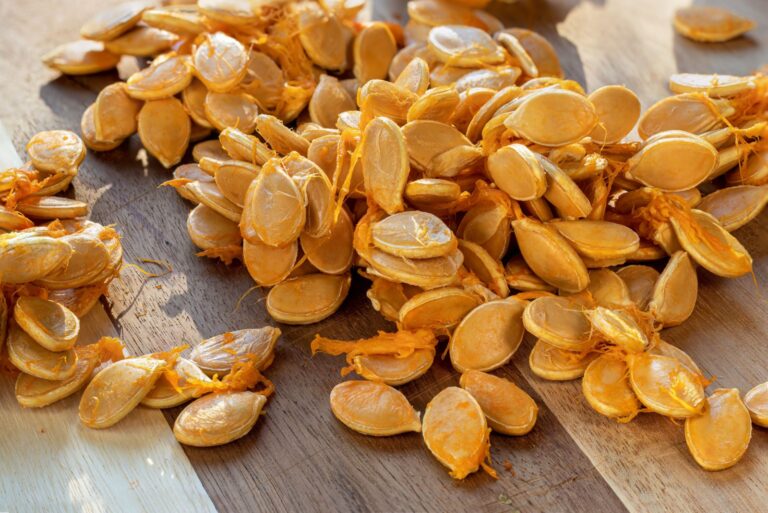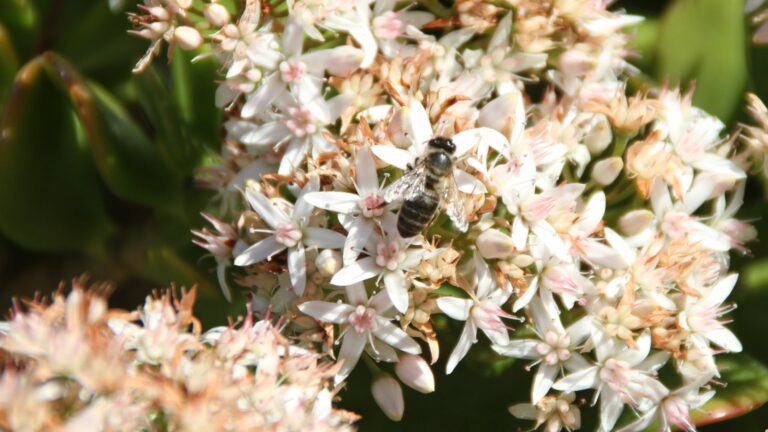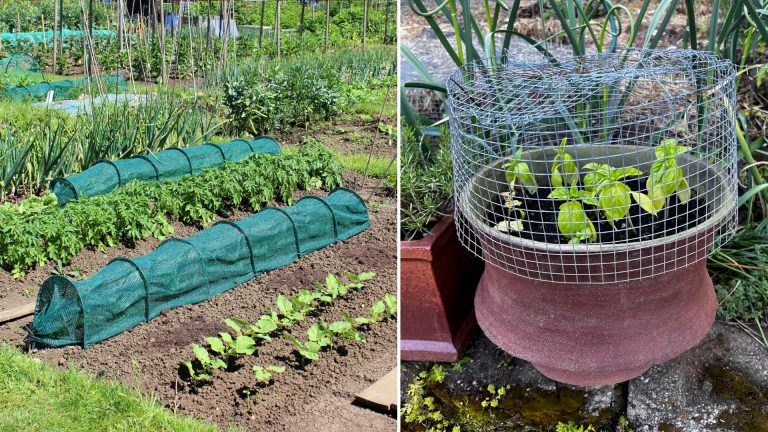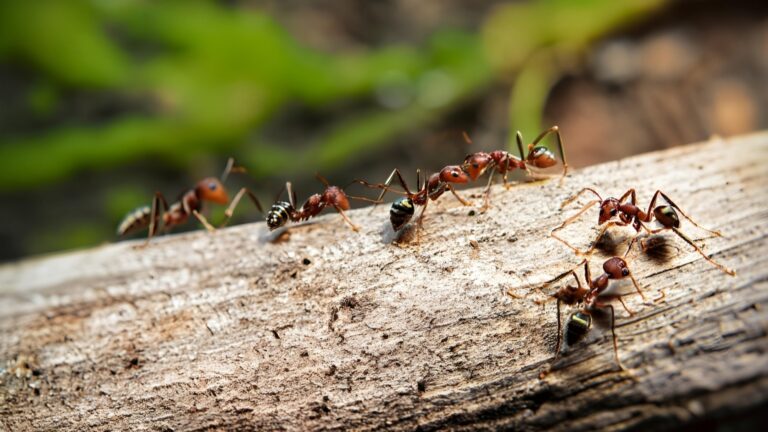28 Alternatives To Plastic Seed-Starting Trays
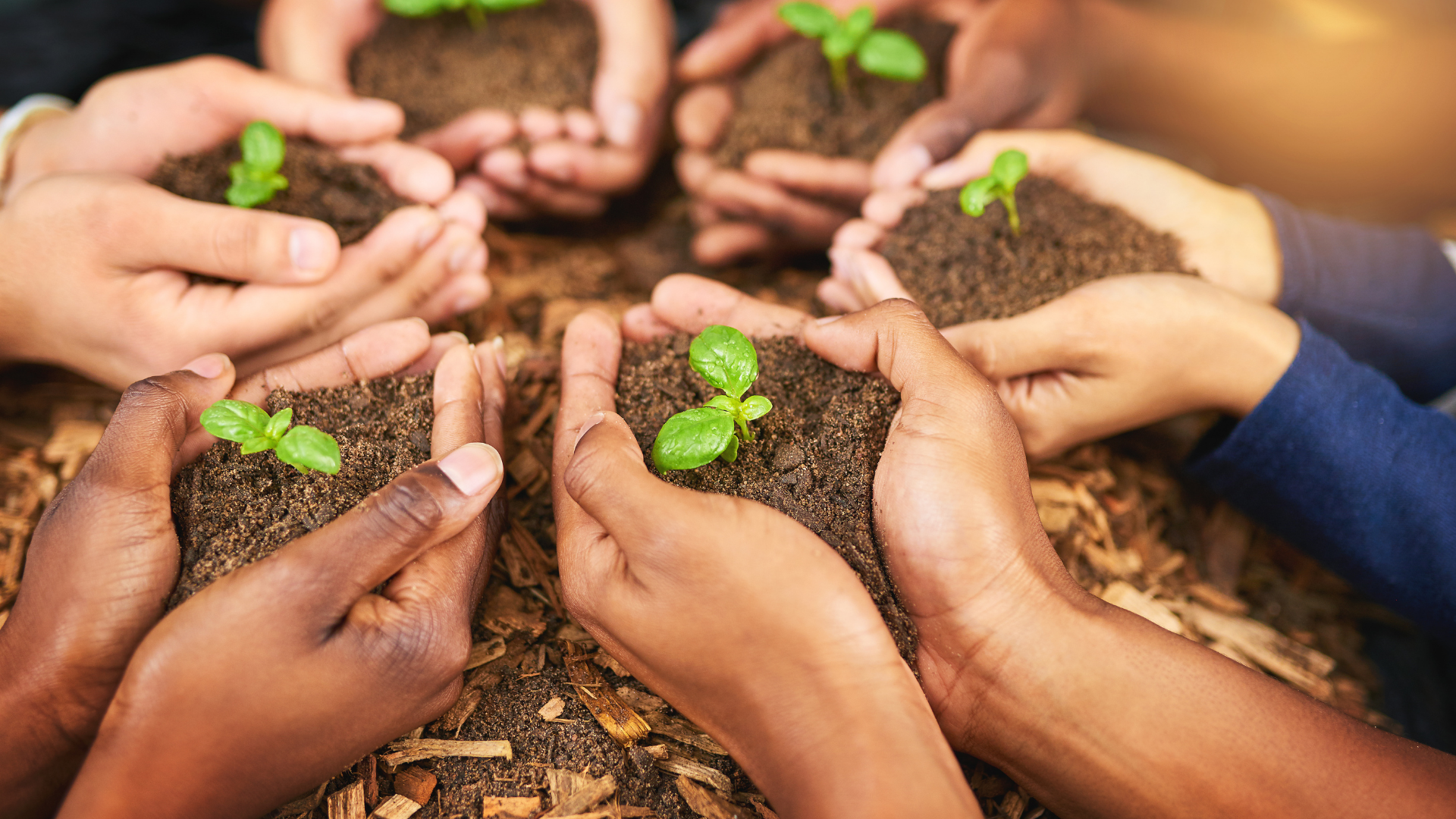
As an avid gardener, I’ve often found myself surrounded by stacks of plastic seed-starting trays. They’re convenient, sure, but the environmental impact can’t be ignored.
Over the years, I’ve experimented with numerous alternatives, and I’m thrilled to share 28 creative options that not only reduce plastic waste but also add a touch of personality to your gardening endeavors.
From household recyclables to natural materials, these alternatives offer eco-friendly and cost-effective ways to nurture your seedlings.
1. Egg Cartons
Crack open a dozen possibilities with egg cartons. These household staples cradle your seeds gently, offering a biodegradable option that’s both eco-friendly and efficient.
The compartments are perfectly sized for starting seedlings. Their compactness ensures they fit snugly on any windowsill, and when it’s time for transplanting, you can plant them directly into the soil.
Not only do they minimize waste, but they also repurpose something you’d typically throw away, making your gardening efforts both green and resourceful.
2. Toilet Paper Rolls
Sometimes, the star of the garden is found in the bathroom. Toilet paper rolls offer a surprising second life in your seed-starting endeavors.
Cutting them in half, fill them with soil, and watch as they transform from humble beginnings into robust seedlings. Their cylindrical shape allows for easy planting, directly in the ground, roll and all.
This method not only cuts down on plastic usage but also gives you an excuse to recycle everyday items into something truly remarkable. Plus, it’s a fun project to involve the kids!
3. Newspaper Pots
Turn yesterday’s news into tomorrow’s garden with newspaper pots. This DIY project is not just thrifty but also highly effective.
Mold old newspapers into pots, and you have an innovative way to start seeds. The paper decomposes naturally, making it an environmentally conscious choice.
Beyond reducing plastic waste, this approach lets you upcycle something that’s often discarded. It’s an ideal choice for gardeners looking to lower their carbon footprint while keeping costs down.
4. Eggshell Halves
Chickens might not be your first thought for gardening, but their eggshells certainly contribute. Eggshell halves make charming, biodegradable seed containers.
Fill each half with soil and plant your seed. As seedlings grow, the shells can be planted directly into the garden, enriching the soil with calcium.
This creative reuse is a win-win, combining practicality with sustainability. Plus, it’s an excellent conversation starter when fellow gardeners visit, sparking curiosity and admiration.
5. Coconut Coir
I was amazed the first time I tried coconut coir pots for starting seeds. They’re a game-changer! Not only do they hold moisture beautifully, but they’re also so easy to use.
I’ve noticed that my seedlings thrive in them, with roots growing strong and healthy. Plus, I love knowing I’m supporting sustainability.
The best part? Once the seedlings are ready to transplant, the pot can go straight into the ground, biodegrading naturally. It’s a small yet impactful change, and my plants are doing better for it!
6. Biodegradable Peat Pots
Peat pots are a classic choice for many gardeners. Their biodegradable nature makes them a staple for those avoiding plastic.
These pots allow you to plant seedlings directly into the ground, minimizing transplant shock. Made from natural fibers, they decompose naturally, enriching the soil.
Incorporating these into your gardening routine is not only eco-conscious but also incredibly practical. They simplify the transfer process, ensuring your seedlings have the best start possible.
7. Paper Coffee Cups
Morning coffee can lead to more than just a caffeine boost. Recycle your paper coffee cups into seed-starting containers.
Poke drainage holes in the bottom, fill with soil, and you’re ready to go. These cups offer ample space for root systems to develop, and when the time’s right, they can be planted directly into the earth.
This method not only reduces waste but also turns a single-use item into a multi-use gardening tool. It’s an easy, practical step towards greener living.
8. Yogurt Containers
The final spoonful of yogurt doesn’t mean the end for its container. These sturdy plastic cups make excellent mini-greenhouses for seed starting.
With a few drainage holes, they provide a reliable and reusable alternative to traditional seed trays. Their size makes them ideal for medium-sized seedlings.
Reusing yogurt containers is not just cost-effective but also a step towards reducing plastic waste. Plus, they’re easy to label and organize, keeping your garden neat and tidy.
9. Shoebox Greenhouse
Who knew a shoebox could double as a mini greenhouse? Transform this everyday item into a nurturing hub for your seedlings.
Line it with plastic, fill it with soil, and add a clear lid to trap warmth and moisture. This setup creates a cozy environment perfect for seed germination.
It’s an innovative way to repurpose and breathe new life into something otherwise discarded. The shoebox greenhouse is a testament to resourcefulness in gardening.
10. Citrus Rinds
Zesty and waste-conscious, citrus rinds make for delightful seed-starting containers.
Hollow out your favorite citrus fruit, fill it with potting mix, and plant your seeds. These biodegradable containers add nutrients to the soil as they break down.
This method is a refreshing way to reduce waste and give back to the soil. The natural fragrance is a bonus, adding a hint of citrus to your gardening routine.
11. Milk Cartons
I never thought milk cartons could be so handy in the garden until I gave them a try! After cutting them down and adding drainage holes, they became perfect little seed starters.
I love how sturdy they are and how they provide enough space for roots to grow strong. It feels great to recycle something I would normally toss, and it’s such an easy way to cut down on plastic.
Watching my plants thrive in these eco-friendly containers has made me even more excited about sustainable gardening!
12. Ice Cream Cones
Ice cream cones aren’t just for dessert anymore. These edible containers make biodegradable seed-starting pots.
Fill them with soil and plant your seeds. When it’s time to transplant, plant the entire cone in the ground, providing nutrients as it breaks down.
This sweet idea is both fun and practical, making gardening exciting for all ages. It’s a delightful way to involve kids in the joys of planting.
13. Cardboard Tubes
Looking beyond the obvious, cardboard tubes offer yet another sustainable option for seed starting.
Cut them to your desired length, fill them with soil, and plant your seeds. These tubes decompose naturally, making them an excellent choice for eco-conscious gardeners.
Their versatility and availability make them a convenient alternative, proving that even the simplest items can be transformed into valuable gardening assets.
14. Mason Jars
From preserves to plants, mason jars transition seamlessly. These sturdy containers make charming seed-starting vessels.
Fill them with soil and nestle your seeds inside. While they don’t decompose, their reusability makes them a sustainable option.
The clear glass allows you to watch roots develop, adding an educational aspect to your gardening. Plus, they’re a stylish addition to any windowsill, blending functionality with aesthetics.
15. Tree Bark Cups
Made from organic bark, these biodegradable containers provide excellent insulation and aeration, promoting healthy root development.
As the seedlings grow, the cups break down naturally, enriching the soil with nutrients. This eco-friendly alternative reduces waste and aligns with sustainable gardening practices.
By choosing tree bark cups, you embrace a holistic approach to gardening, supporting both your plants and the environment. It’s a simple yet effective step toward greener practices.
16. Terracotta Pots
Classic and timeless, terracotta pots have been a gardener’s friend for generations.
These clay pots allow for excellent aeration and drainage, making them a practical choice for starting seeds. Their natural look complements any garden style.
While not biodegradable, their durability makes them reusable for many seasons. Terracotta pots blend tradition with functionality, proving that some old methods are worth keeping.
17. Recycled Tins
Recycled tins are my go-to for an eco-friendly twist on seed starting. Just poke a few drainage holes, fill them with soil, and you’ve got a durable, reusable alternative to those dull plastic trays.
The best part? They come in all shapes, sizes, and colors, so each tin becomes its own little work of art. Trust me, there’s something satisfying about growing plants in a tin of tomato sauce.
Who knew canned goods could bring such joy to your garden? Plus, it’s a great way to reduce waste and add personality to your green space!
18. Shell Halves
Seashells bring a touch of the coast to your garden. Their natural beauty and biodegradable nature make them a unique option for seed starting.
Fill each half with soil and plant your seed. As they break down, they enrich the soil with minerals, enhancing plant growth.
This ocean-inspired choice is both whimsical and practical, offering a conversation piece that connects your garden to the wider world.
19. Fabric Grow Bags
Soft, flexible, and reusable, fabric grow bags offer an innovative alternative for seed starting.
These bags provide excellent aeration and drainage, promoting healthy root systems. Their durability means they can be used season after season.
Fabric grow bags are a modern twist on traditional gardening, combining convenience with sustainability. They’re perfect for those looking to maximize space without compromising on quality.
20. Old Shoe Organizers
Who would’ve thought an old shoe organizer could transform into a vertical garden? Just hang it up, fill the pockets with soil, and plant away.
It’s the perfect solution for those of us with limited space or tiny patios. Not only does it help save space, but it also gets a thumbs up for being eco-friendly.
Plus, it adds a creative touch to your garden setup. It’s like a clever twist on garden organization that gives your plants a fresh place to thrive!
21. Bamboo Tubes
Bamboo tubes are nature’s perfect seed-starting containers. Simply cut them to size, fill with soil, and plant your seeds. These eco-friendly tubes decompose naturally, nourishing the soil as they break down.
It’s a sustainable way to start your plants while reducing plastic waste. Bamboo offers a natural solution that aligns perfectly with eco-conscious gardening practices.
Not only do they serve a practical purpose, but they also highlight how we can repurpose natural materials to meet modern gardening needs.
22. Teacups
Teacups make a charming option for starting seeds. I’ve repurposed a few of my grandmother’s vintage cups, filling them with soil and planting tiny herbs or flowers.
They’re not biodegradable, but their ability to be reused again and again makes them a sustainable choice. Plus, they add an elegant touch to my gardening space.
Every time I see them on my windowsill, it’s like a little reminder of the cozy afternoons spent sipping tea and dreaming of gardens. It’s a perfect blend of nostalgia and sustainability!
23. Recycled Plastic Bottles
Turn trash into treasure with recycled plastic bottles. A simple cut transforms them into effective seed-starting containers.
Poke drainage holes, fill with soil, and plant your seeds. They’re a durable, reusable option that reduces plastic waste.
This method breathes new life into discarded items, making gardening both environmentally friendly and innovative. It’s a practical step towards a more sustainable lifestyle.
24. Flowerpots Made From Coconuts
Coconut shells are not just for sipping on tropical drinks. They make delightful flowerpots! After enjoying the refreshing water, I hollow out the shells, fill them with soil, and plant my seeds.
As they decompose, they naturally enrich the soil. Plus, there’s something about having a little piece of the tropics in my garden that brings such a relaxed vibe to the whole space.
It’s a sustainable, fun, and creative way to give your plants a cozy home while being kind to the environment!
25. Wine Corks
Wine corks are more than just keepsakes from good times. They make charming seed starters. Simply drill a hole, fill with soil, and plant your seeds.
These small planters are perfect for growing herbs or small plants. Repurposing corks offers a creative way to reduce waste while adding a playful touch to your gardening efforts.
It’s a fun choice that turns everyday items into delightful little homes for your plants.
26. Bamboo Baskets
Bamboo baskets bring a touch of tradition to modern gardening. Their natural structure makes them ideal for seed starting.
Fill with soil, plant your seeds, and watch them grow. As they break down, they nourish the soil, supporting healthy plant growth.
This eco-friendly choice merges functionality with sustainability, showcasing the beauty of natural materials. It’s a harmonious blend of tradition and innovation.
27. Repurposed Food Tins
Don’t toss those food tins just yet! With a few tweaks, they become perfect seed-starting containers.
Poke drainage holes, fill with soil, and plant your seeds. They offer durability and reusability, reducing overall waste.
Repurposing food tins is a creative way to embrace eco-friendly practices. It’s a delightful method of turning everyday items into gardening gold.
28. Potato Halves
From the kitchen to the garden, potatoes offer a unique seed-starting option.
Hollow them out, fill with soil, and plant your seeds. These biodegradable containers provide nutrients as they decompose, promoting healthy seedlings.
Using potatoes is an innovative way to reduce waste while gardening. It’s a testament to how creativity can transform ordinary items into extraordinary gardening solutions.

